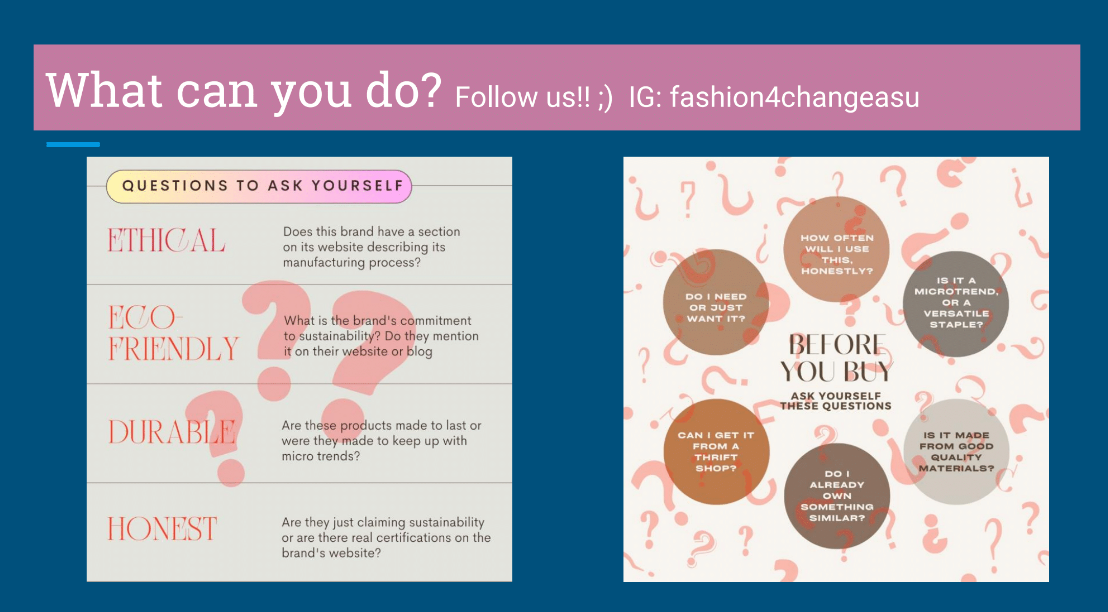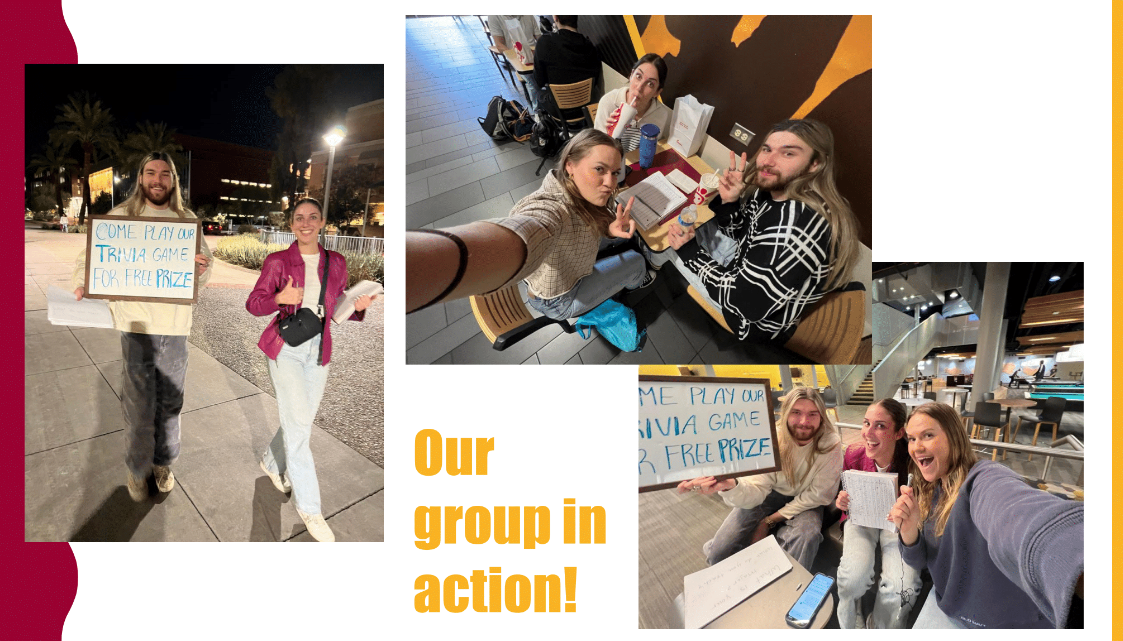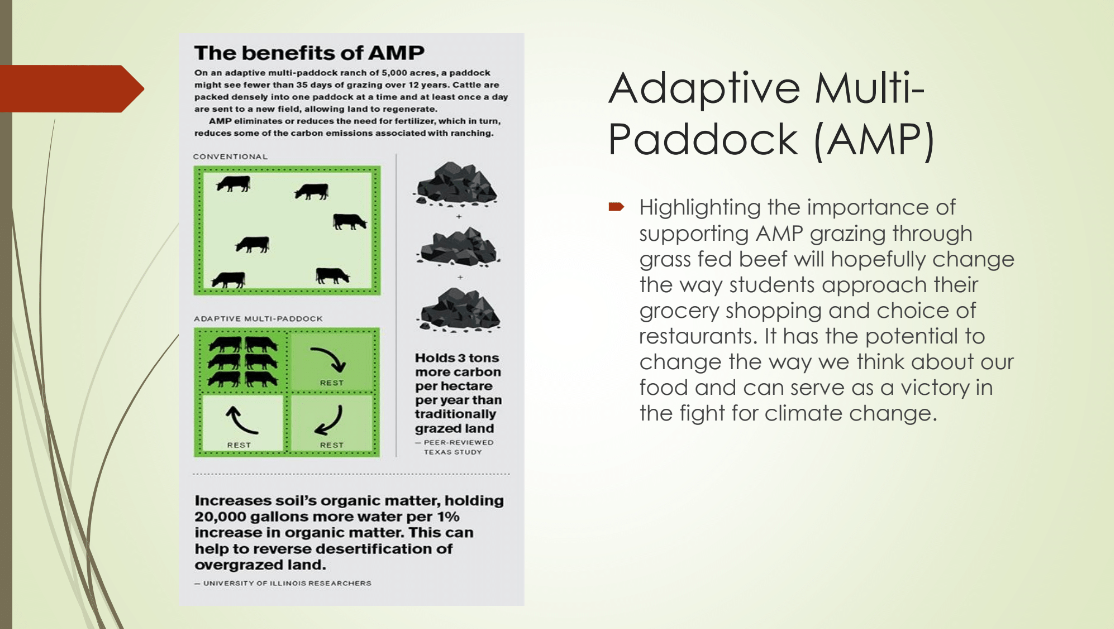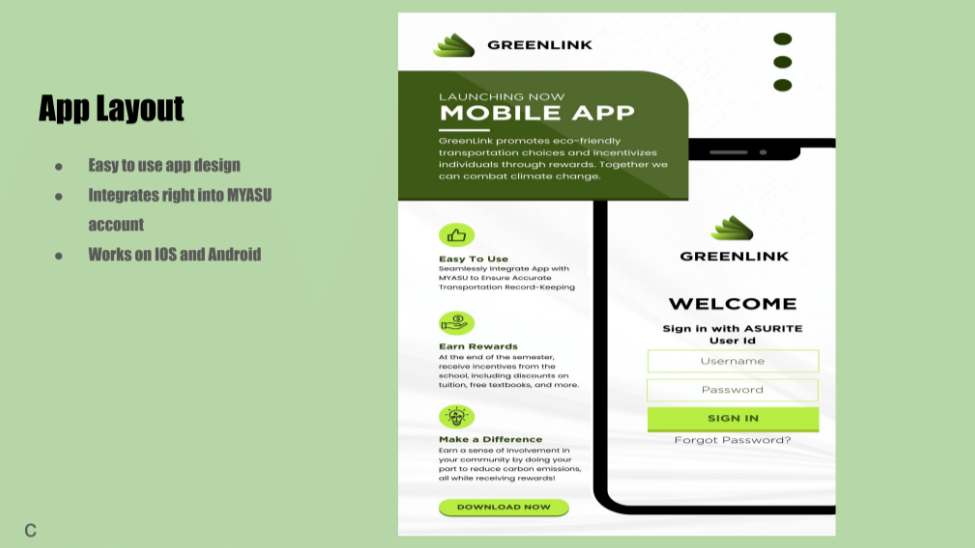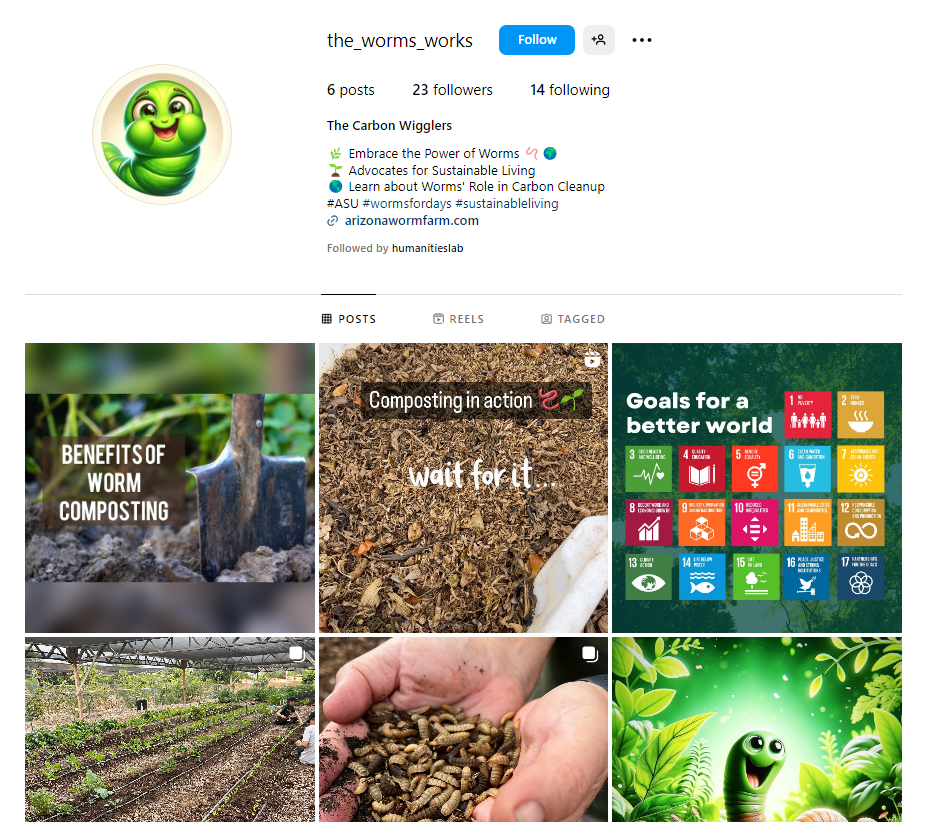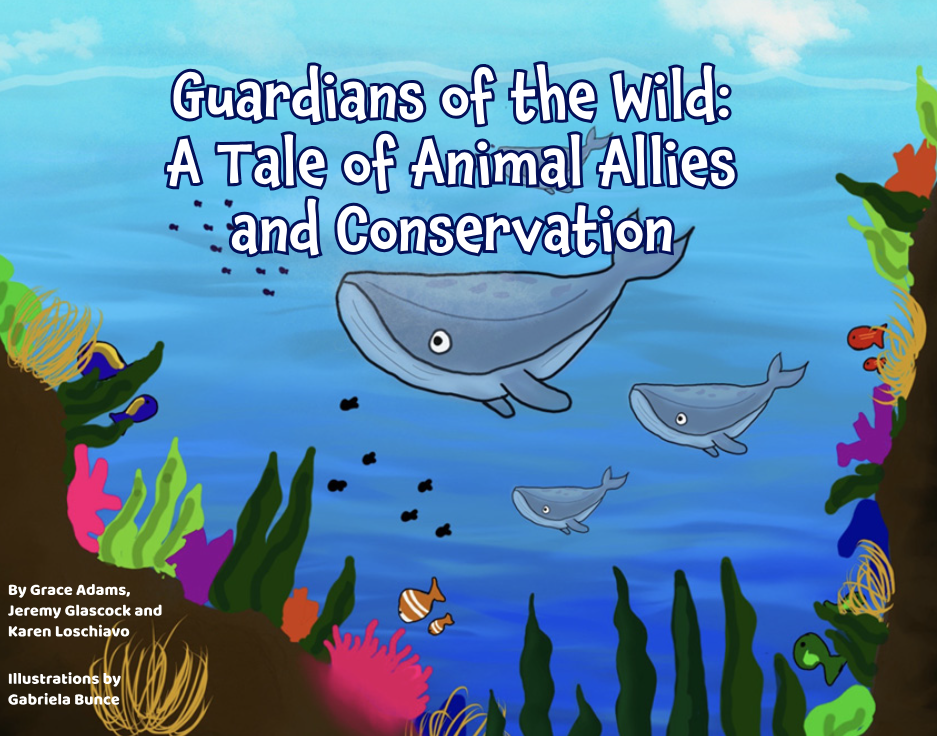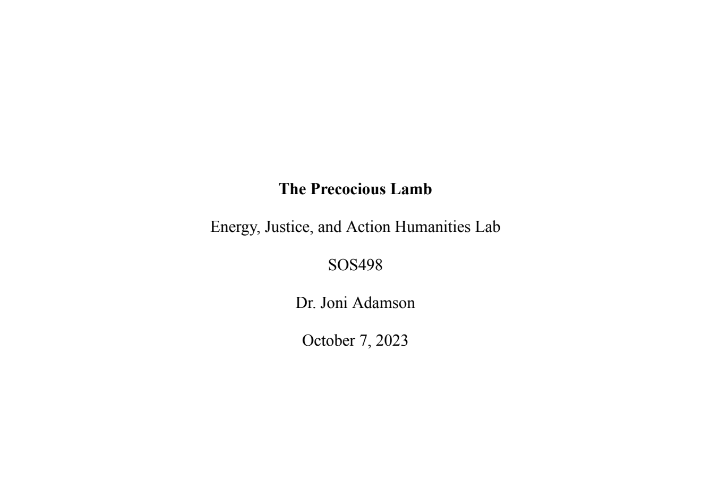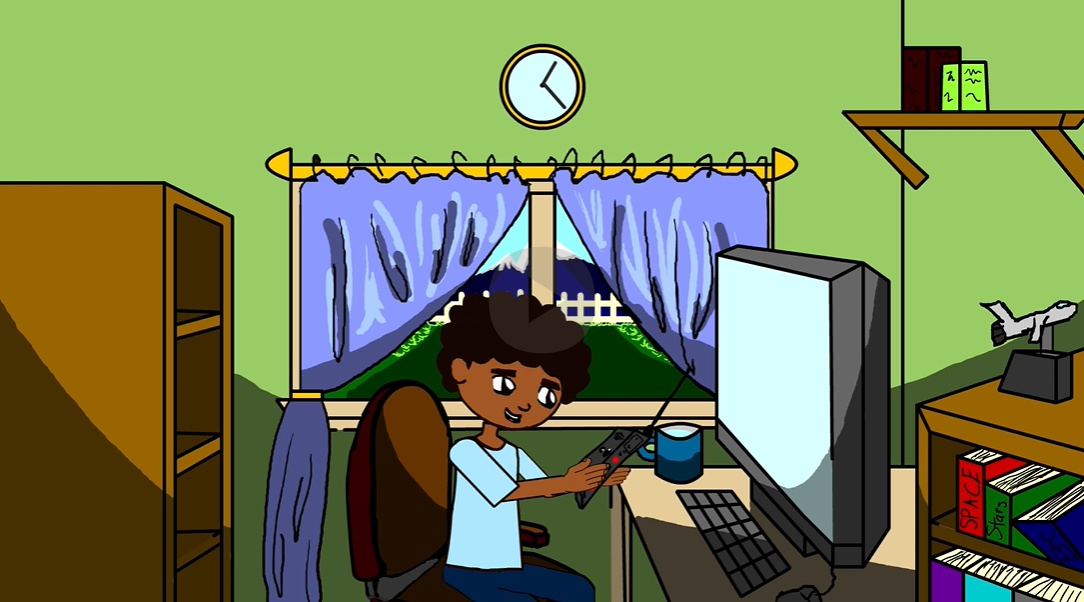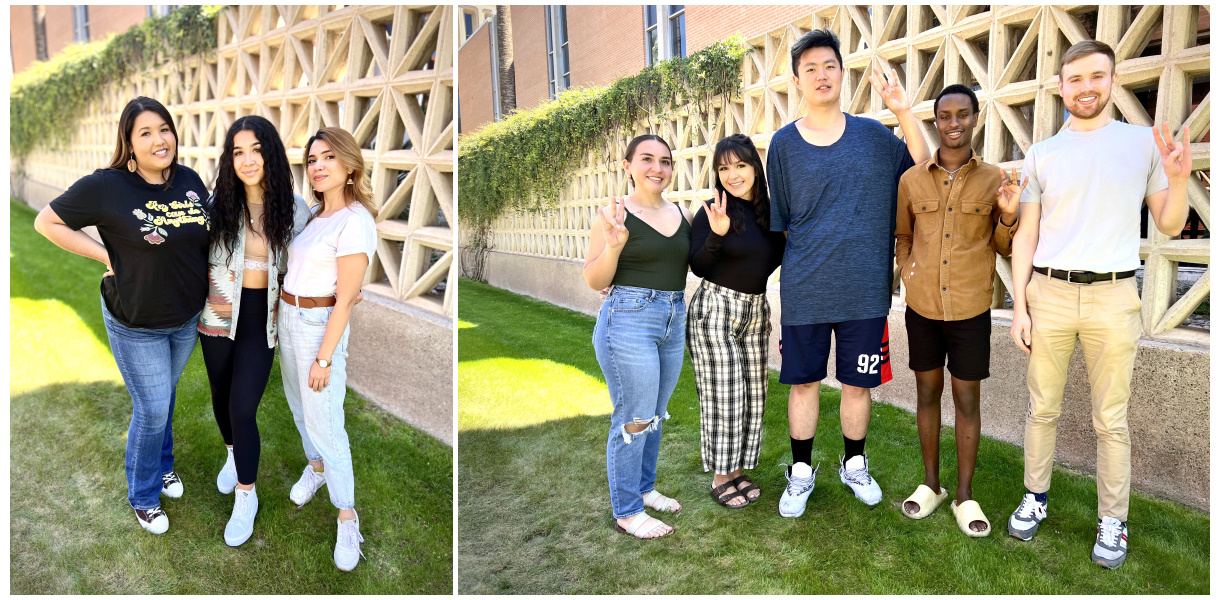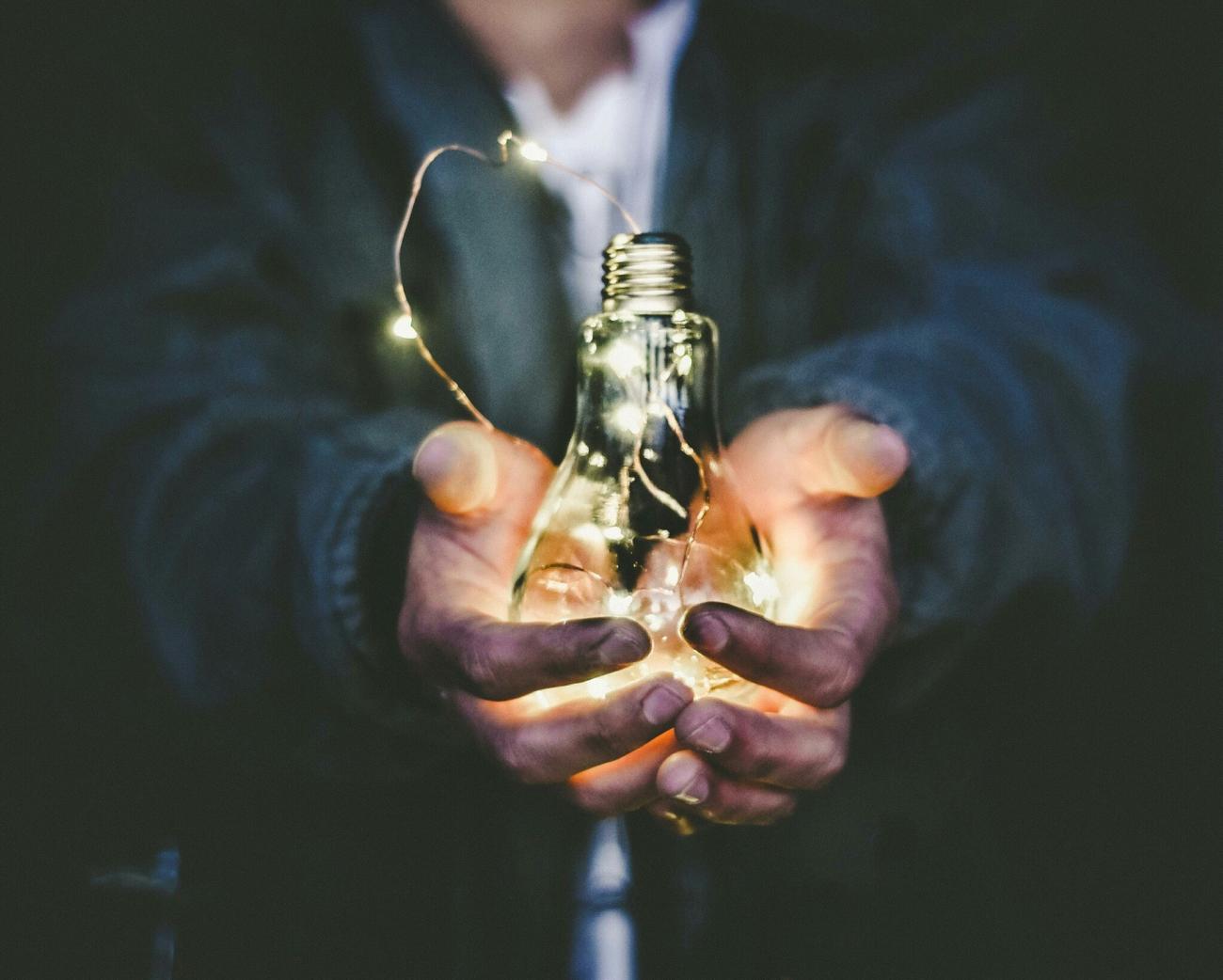
Energy, Justice, and Action Impact Outcomes
Energy, Justice, and Action
Students in the Energy, Justice, and Action Humanities Lab —a Lab in the UNESCO BRIDGES series of Humanities Labs— partnered with co-faculty Joni Adamson, President's Professor of Environmental Humanities in the Department of English as well as founding director of the Flagship Hub UNESCO BRIDGES Sustainability Science Coalition and Gary Dirks a senior director from Julie Ann Wrigley Global Futures Laboratory™ and director of Lightworks. UNESCO BRIDGES Post Doctoral Research Scholar, Sreya Ann Oommen and Assistant Librarian in the social sciences division of ASU Library, Shannon Nickle, were also key parts of the instructional team. The teams' focus was on unjust extraction and just energy transitions, with a spotlight on actions leading to transition away from coal and towards clean energy.
Student Outcomes
The Vegan App
One student team created the Vegan App, which is dedicated to promoting a global plant-based lifestyle. Focused on accessibility, informed choices, and community building, it caters to the growing market while advocating for sustainability. Rather than aiming to convert, the students' app seeks to inform and provide opportunities for trying something new. With a goal of shifting the narrative around sustainable living, it invites users on a personal journey towards a healthier and more sustainable lifestyle with an open mind.
Fashion 4 Change
Fashion 4 Change, another student team project, aims to raise awareness about the harmful effects of fast fashion, promote mindful shopping habits, and understand the preferences of younger consumers. The project actively engages with its audience, offering sustainable alternatives and tips. Originally undecided on a policy approach, Fashion 4 Change reflects a dynamic initiative evolving to make a meaningful impact in the realm of sustainable fashion.
View the Fashion 4 Change Instagram page.
How much do ASU students and staff know about sustainability on campus?
To determine the level of awareness about sustainability on the ASU campus among students and staff, a survey or information-gathering initiative was conducted by another student team from this course. This involved questions related to their audiences' knowledge of sustainability initiatives, practices, and awareness of campus sustainability programs. By assessing their understanding of sustainability efforts on campus, valuable insights were gained to tailor educational campaigns or address potential areas for improvement in promoting sustainability awareness within the ASU community.
Sustainable Meat Project
Sustainable Meat Project, led by another team of students, addresses climate change by focusing on the environmental impact of the meat industry —specifically the beef sector. Emphasizing Adaptive Multi-Paddock (AMP) grazing and promoting grass-fed beef, the project aims to reduce emissions and raise awareness among ASU students through educational materials. It highlights the ecological benefits of grass-fed beef, contrasting them with the negative environmental impact of large-scale corn-fed beef production. Ultimately, the project encourages informed meat consumption choices to contribute to the fight against climate change.
Greenlink: App used to Incentivize Reduced Carbon Emission
Greenlink, designed by a team of students, is a mobile app integrated with students' My ASU accounts that tracks and promotes cleaner transportation choices for daily campus commutes. Developed with school funding, it incentivizes students to achieve clean transportation days through features like camera check-ins and location services. Addressing environmental concerns and campus overcrowding, Greenlink aims to reduce the impact of individual car commutes by encouraging eco-friendly transportation options among students.
The Worms Works
"The Worms Works" is a student group project aimed at spreading information about worm composting and its benefits. The initiative focuses on educating individuals about the advantages of worm composting and provides actionable steps to motivate people to start worm composting. By highlighting the benefits and offering practical guidance, the project aims to encourage and empower individuals to adopt worm composting practices, contributing to sustainable waste management and environmental conservation.
Guardians of the Wild: A Tale of Animal Allies and Conservation
"Guardians of the Wild" narrates a tale of human-animal collaboration in conservation during a time of environmental challenges. Through the voices of endangered species like Mexican Gray Wolves, North Atlantic Right Whales, honey bees, lemurs, and sloths, the project showcases successful efforts in restoring habitats and protecting wildlife. The narrative emphasizes the impact of collective action, from releasing wolves into the wild to using technology for whale safety. Encouraging readers to learn more and take action, the project provides links to organizations supporting Mexican Gray Wolves, North Atlantic Right Whales, honey bees, lemurs, and sloths, as well as general conservation information through the Center for Biological Diversity.
The Precocious Lamb
"The Precocious Lamb" is a poignant narrative that follows Úna, a young research head, as she grapples with a terminal cancer diagnosis. Faced with a limited time frame, she seeks solace in the old wood, where she encounters an immortal being named Gilgamesh. Gilgamesh shares tales of humanity's history, struggles, and triumphs, revealing his role as the record-keeper of the old world. As Úna inherits this duty, she gains a renewed sense of purpose and returns to her life, determined to contribute to humanity's hopeful future. The story explores themes of mortality, legacy, and the enduring spirit of storytelling.
Space Exploration: Animation Project
The animation addresses the pressing issue of climate change on Earth, emphasizing the urgency to take action. The key points include the potential uninhabitability of Earth in the future and the need for immediate efforts to save the planet. The suggested steps for individuals involve implementing technology to mitigate climate change, advocating for climate solutions through various means, and promoting innovation for new tools and solutions.
Collaborative Partners
- Ellen B. Stechel — Arizona State University, Lightworks; Energy System Evolution
- Giovanna Di Chiro — Swarthmore College; Environmental Justice, Energy Transitions, and Community Action
- Matthew Schneider- Mayerson — Colby College; Climate Fiction
- Stephanie Arcusa — Arizona State University, School of Complex and Adaptive Systems; Carbon Instruments and Negative Emission Technologies
- Mani Modayil Korah — Arizona State University; Direct Air Capture
- Sara Ali El Sayed — Arizona State University, School of Complex and Adaptive Systems; Regenerative Food Systems
- Sreya Ann Oommen — Arizona State University; Children of Kali
- Andrew Maynard — Arizona State University, School for the Future of Innovation in Society; Artificial Intelligence
- Charlotte Simunek — Planetizenship
Note: The views presented or expressed on this page are those of the speaker or author only and do not necessarily represent the views of Arizona State University.

